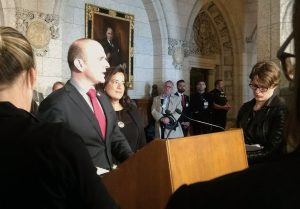Canada’s auditor general says that federal government has no idea whether its $1.1-billion action plan to strengthen border security and trade with the U.S. has produced results.
Michael Ferguson’s audit of the Beyond the Border Action Plan was among several areas assessed in his fall report, released Tuesday.
Ferguson’s audit on the plan focused on the progress in achieving the objectives of a shared vision for perimeter security and economic competitiveness between the United States and Canada.
“This audit is important because the Canada-U.S. border is vital to our economy and way of life,” the report said.
Launched in 2011, the Beyond the Border Action Plan started with a “vision of establishing a new long-term partnership to enhance security and accelerate the legitimate flow of people, goods, and services across the border, ” said the report.
The audit found a lack of performance indicators to assess results proved problematic.
The auditor general recommended developing indicators to measure the security, travel, and trade benefits for various initiatives of the plan.
Treasury Board President Scott Brison said the government accepts the findings.
“We welcome the auditor general’s report, and we agree with all the recommendations,” he said. “In particular, we agree that the Government of Canada must do a better job at reporting and tracking its progress.”
He added “this work has to be a top priority for the government and for the Treasury Board.”
Former prime minister Stephen Harper and U.S. President Barack Obama announced to much fanfare in 2011 that the plan would establish a new long-term partnership built upon a perimeter approach to security and economic competitiveness.
They agreed, among other things, they would jointly assess border threats, share information and intelligence on law enforcement and national security, and bring greater transparency and accountability to border fees and changes.

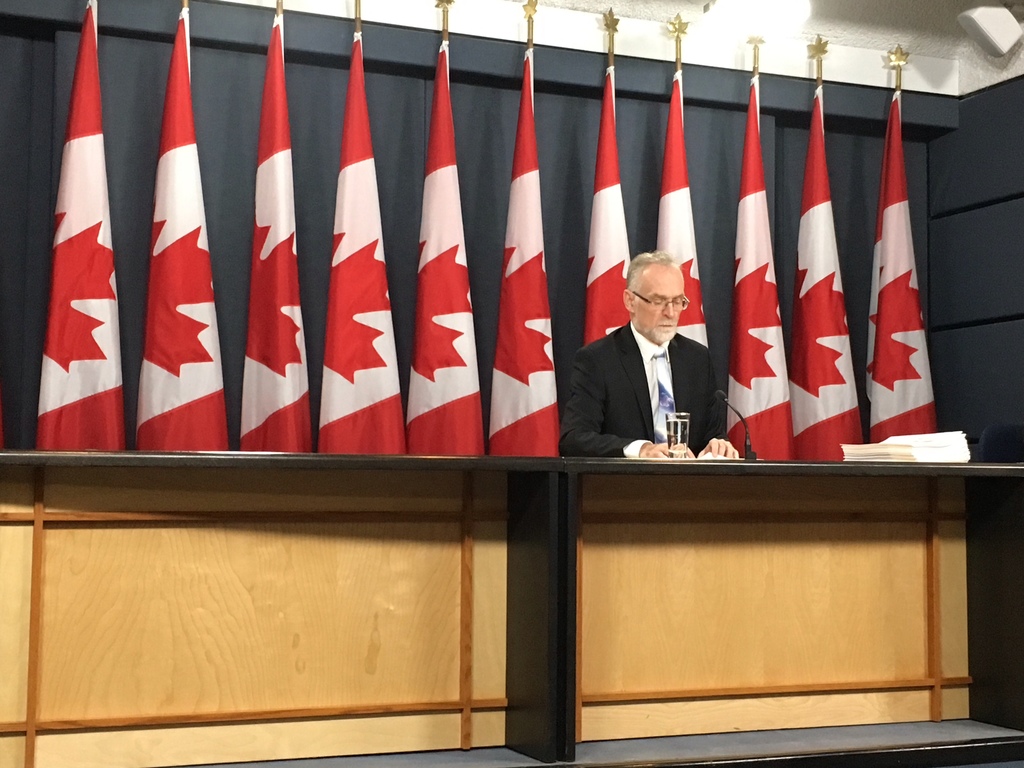
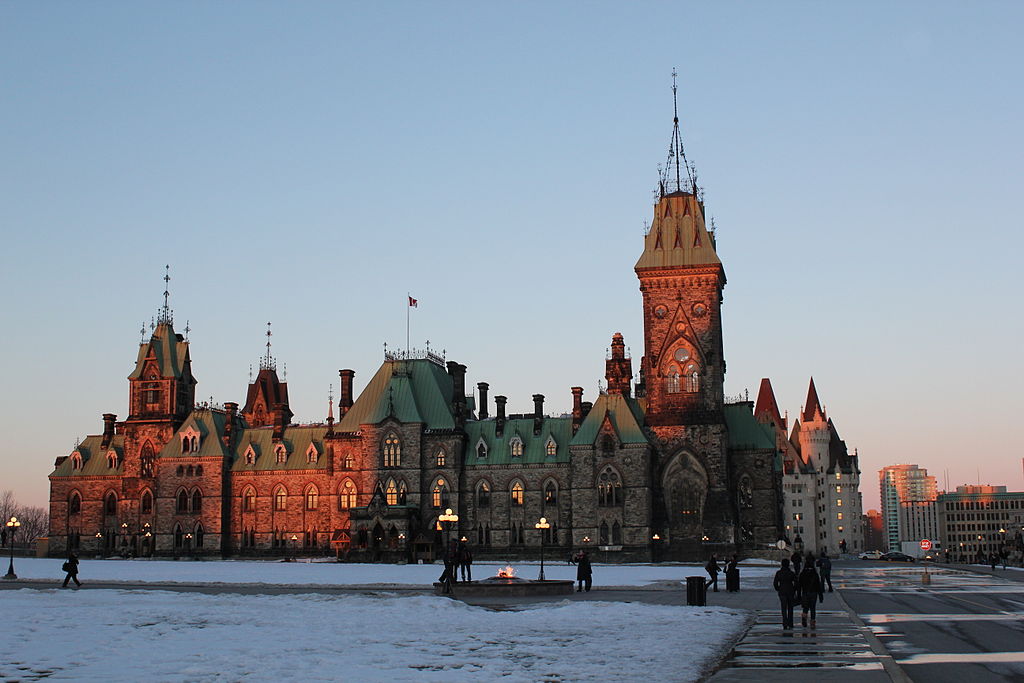
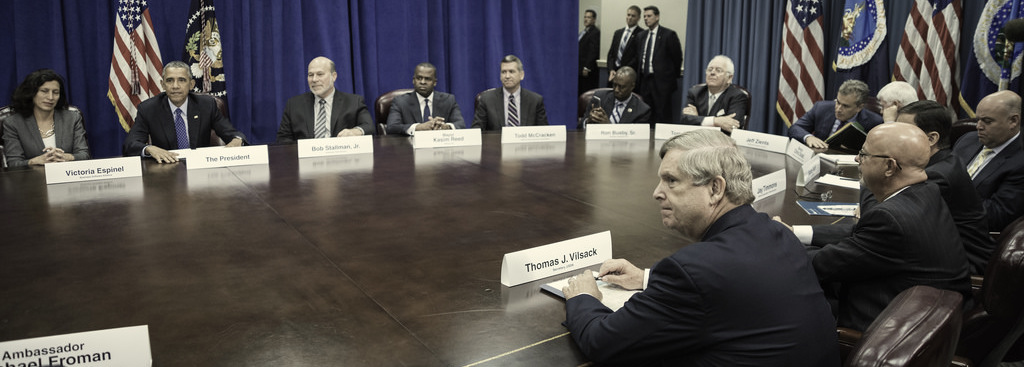
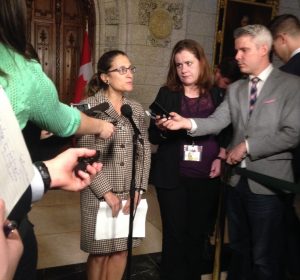

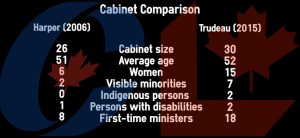
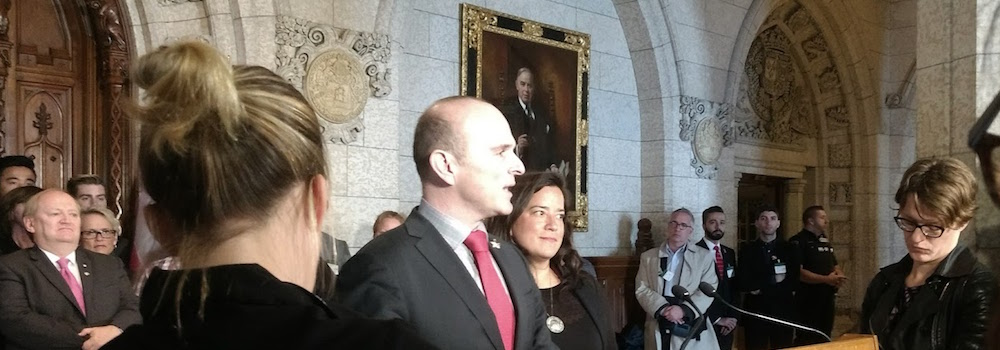
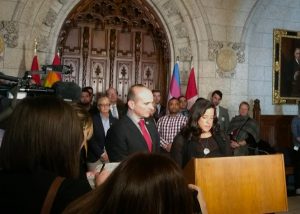
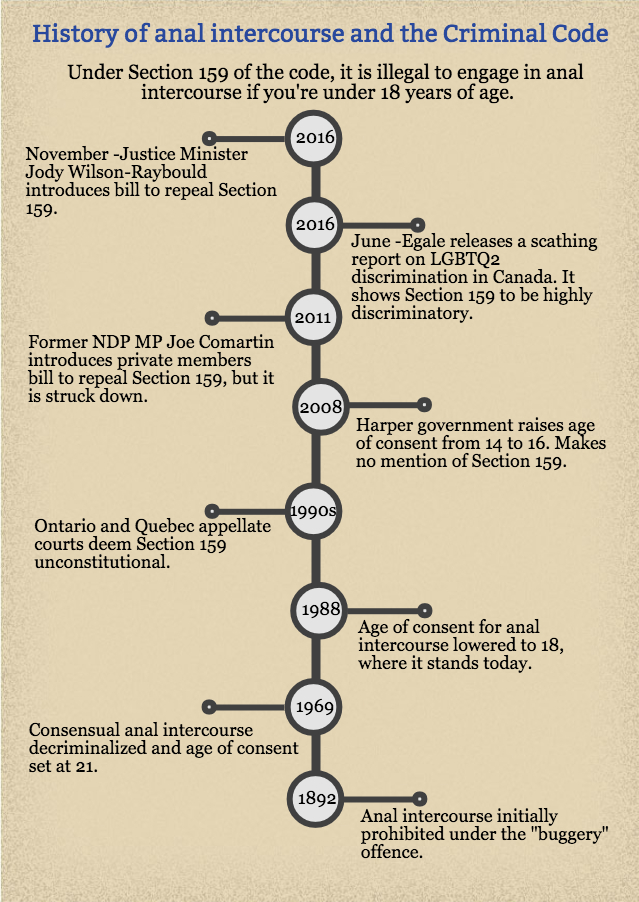 She also noted that “Canada was among the first countries in the world to recognize same-sex marriage and our human rights act has long recognized the right to be protected from discrimination based on sexual orientation.”
She also noted that “Canada was among the first countries in the world to recognize same-sex marriage and our human rights act has long recognized the right to be protected from discrimination based on sexual orientation.”